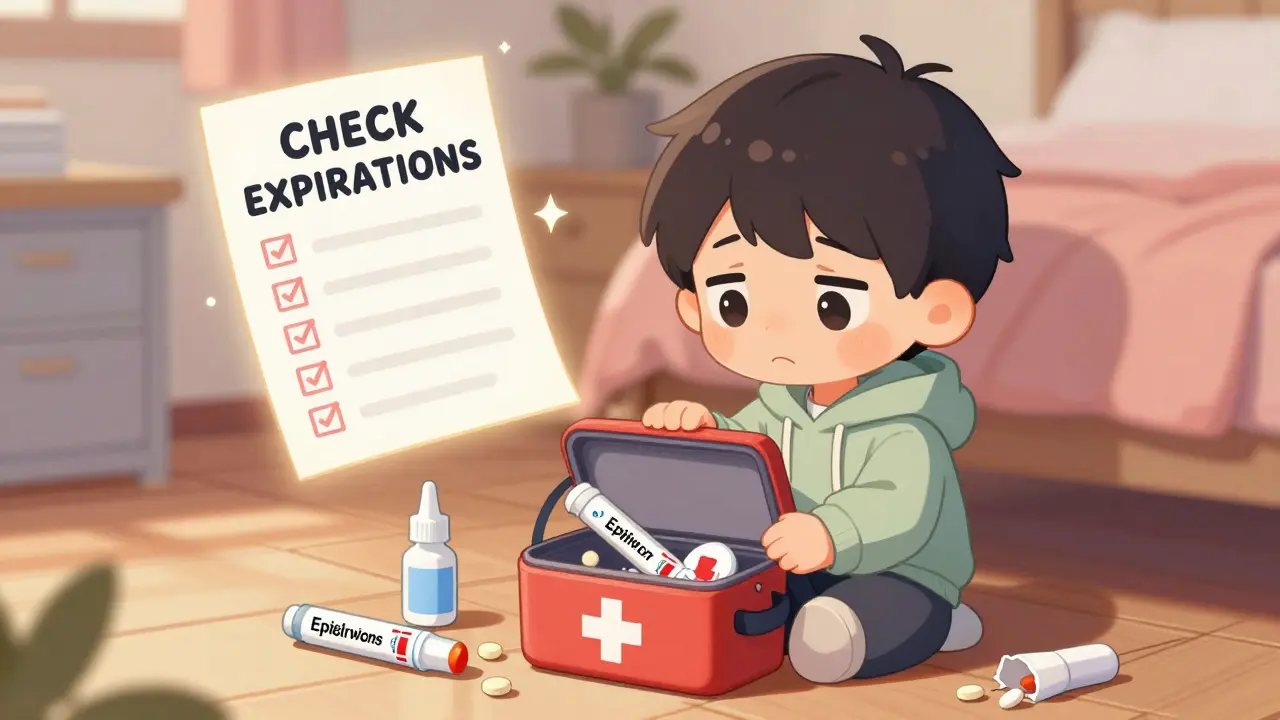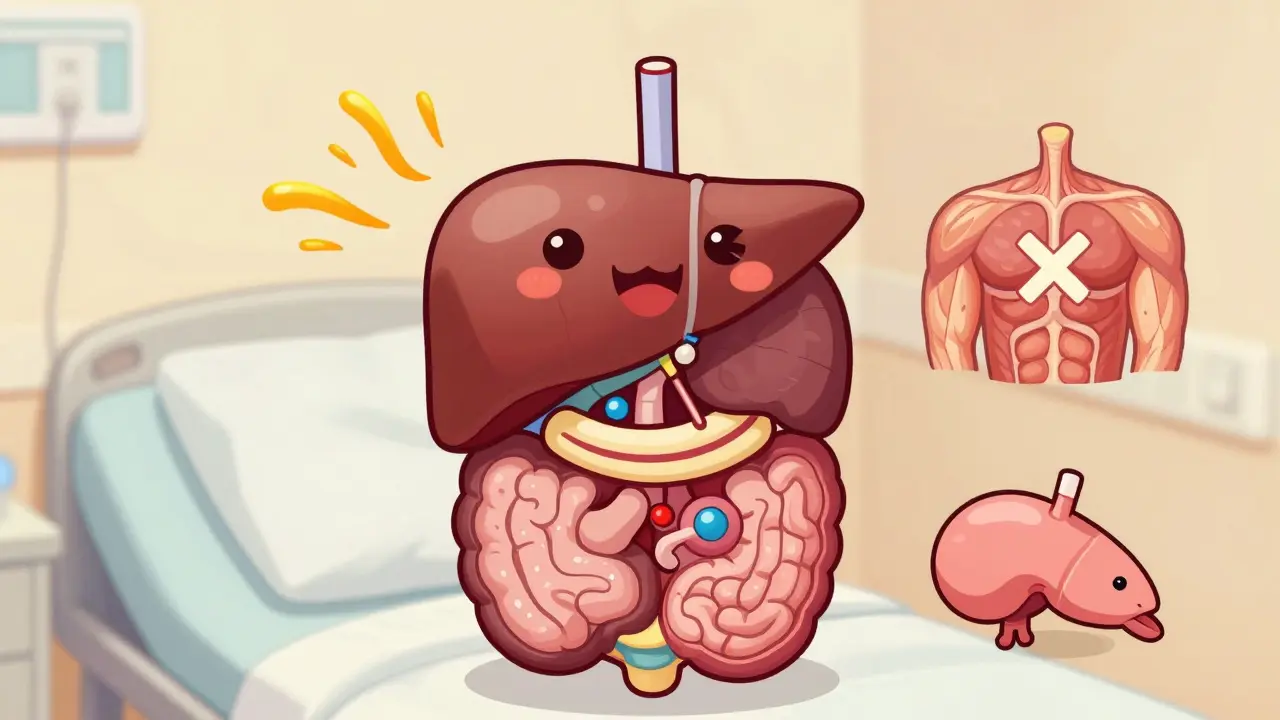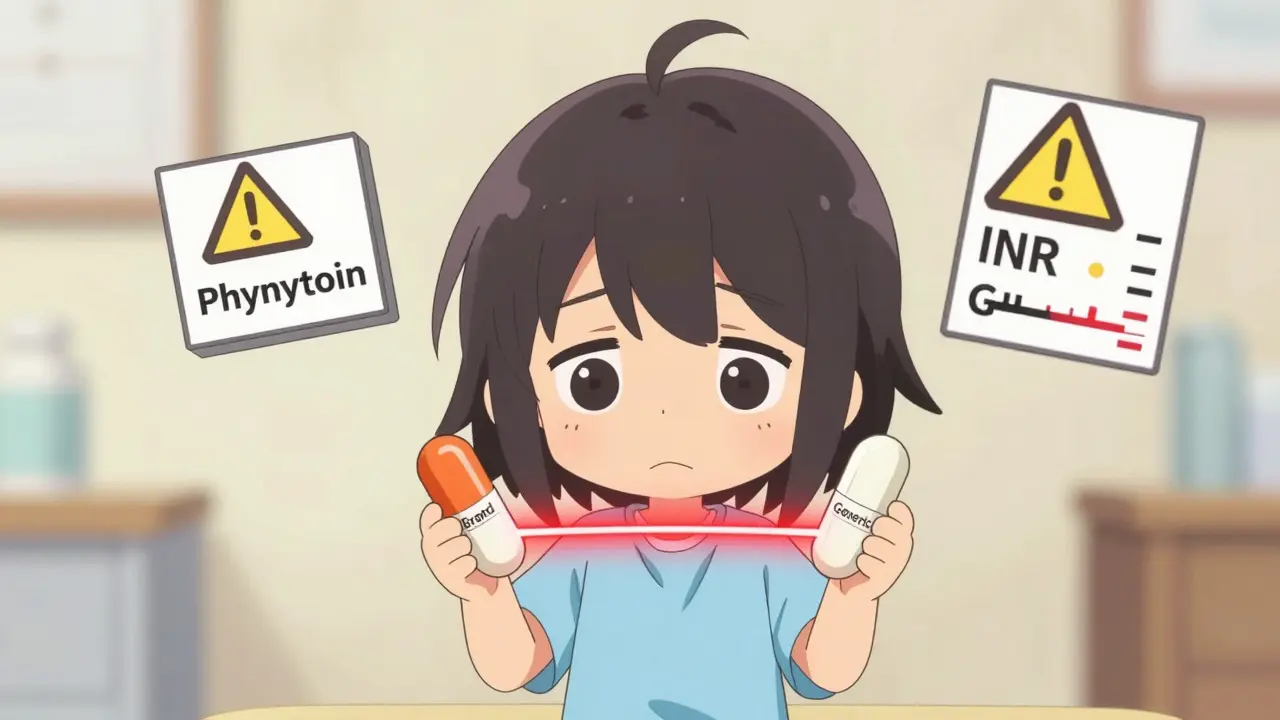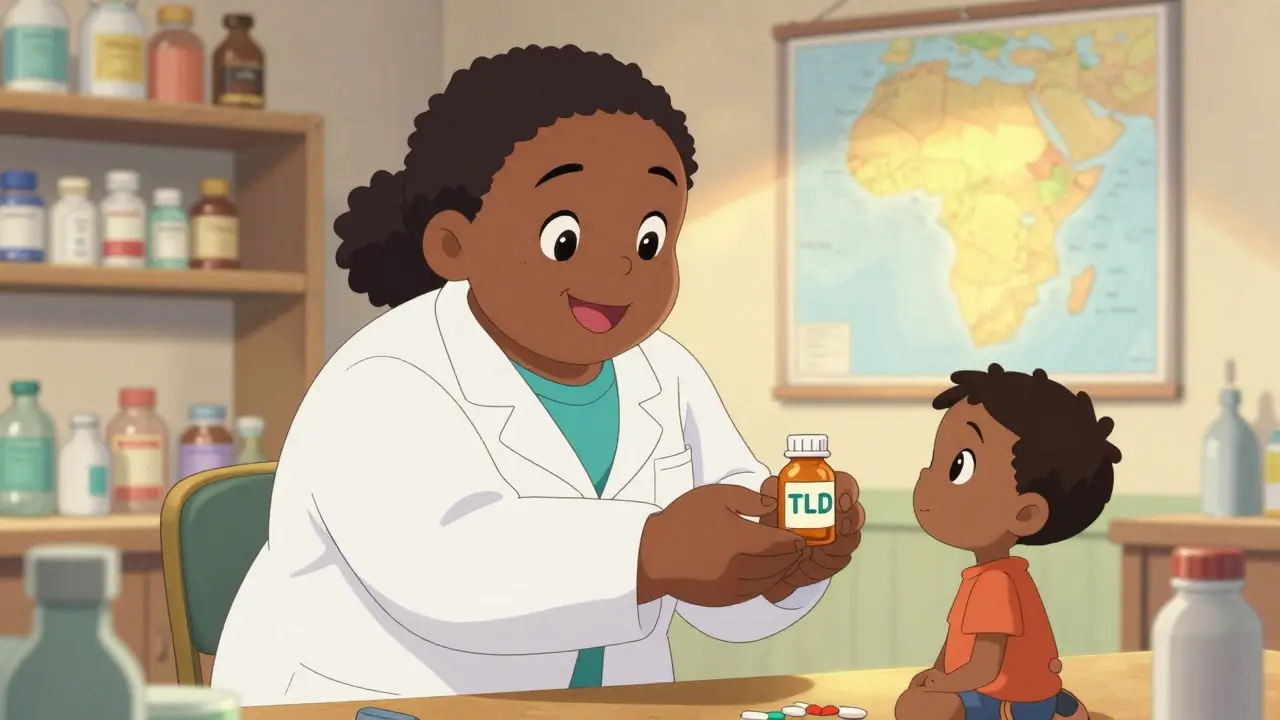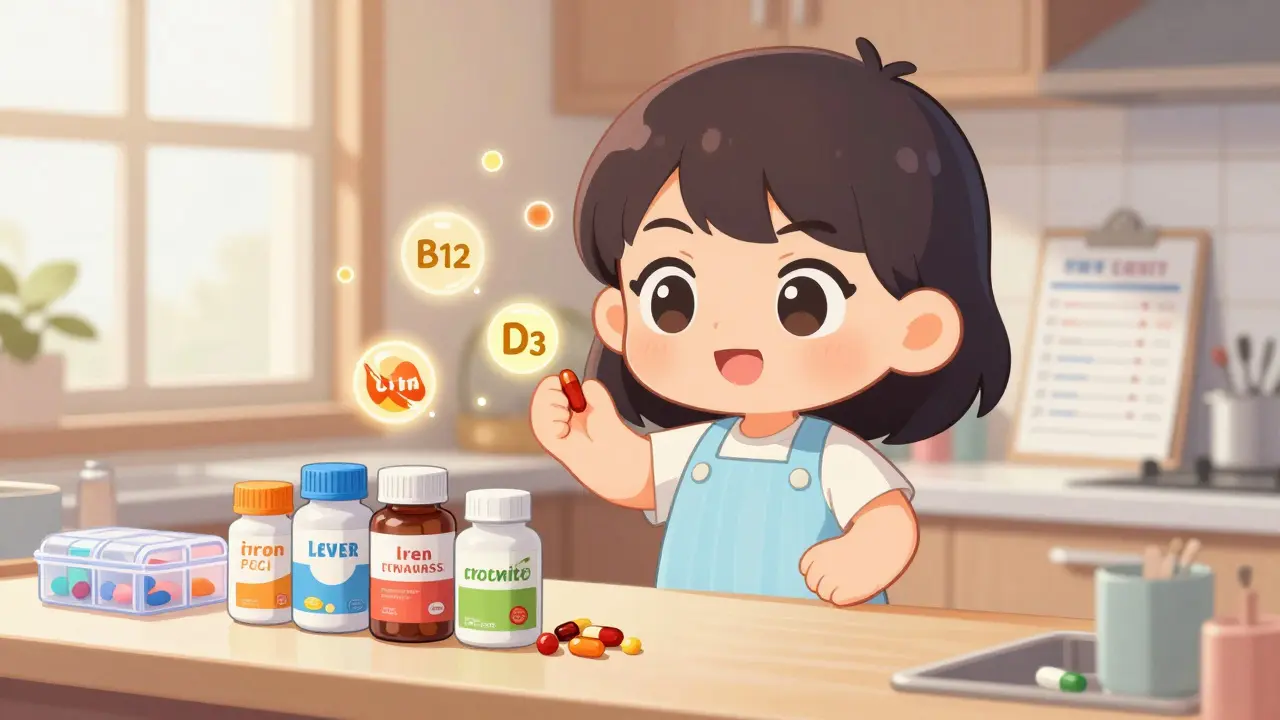Chronic UTIs: What They Are and How to Deal With Them
If you've had a UTI more than once a year, you might be dealing with a chronic urinary tract infection. A chronic UTI is simply an infection that keeps coming back or never fully clears. It can feel frustrating, but knowing the reasons and practical ways to stop it can make a big difference.
Why UTIs Keep Coming Back
Most UTIs start when bacteria from the gut or skin get into the urethra and travel up to the bladder. In a chronic case, something is letting those bugs slip past the body’s defenses over and over. Common culprits include:
- Incomplete treatment: Stopping antibiotics early gives bacteria a chance to survive.
- Anatomy: A shorter urethra in women or structural issues like kidney stones can trap bacteria.
- Hormonal changes: Low estrogen after menopause reduces the protective lining in the urinary tract.
- Catheter use: Long‑term catheters provide a direct pathway for germs.
- Other health problems: Diabetes, immune‑system issues, or a history of pelvic surgeries raise the risk.
Knowing which of these applies to you helps your doctor pick the right plan.
How to Stop Chronic UTIs
Stopping a chronic UTI is a mix of medical treatment and everyday habits. Here’s a quick checklist you can start using today:
- Finish the full prescription. Even if you feel better after a few days, the bacteria may still be hanging around.
- Stay hydrated. Drinking plenty of water flushes the bladder and reduces bacterial buildup.
- Urinate before and after sex. This clears any bacteria that might have moved toward the urethra.
- Wipe front to back. This simple step keeps bacteria from the anus away from the urinary opening.
- Avoid irritating products. Harsh soaps, douches, and scented pads can irritate the urethra, making infection easier.
- Consider probiotic foods. Yogurt, kefir, and fermented veggies help maintain a healthy balance of good bacteria.
- Speak up about recurring symptoms. If you’ve had three or more UTIs in a year, ask your doctor about a longer‑term low‑dose antibiotic or a urine‑culture test.
Some doctors also recommend a single dose of a different antibiotic after the standard course to make sure all bacteria are gone. Others might suggest a bladder irrigation or a check for hidden stones.
When you notice early signs—burning when you pee, frequent urges, cloudy urine—don’t wait. Early treatment stops the infection before it spreads to the kidneys, where it can cause serious damage.
Bottom line: chronic UTIs are manageable if you combine proper medical care with a few lifestyle tweaks. Keep track of what triggers your infections, talk openly with your healthcare provider, and stick to the habits that keep your bladder clean. Soon enough, you’ll be saying goodbye to those endless doctor visits and hello to a healthier, more comfortable you.

